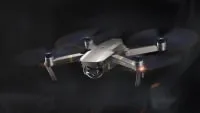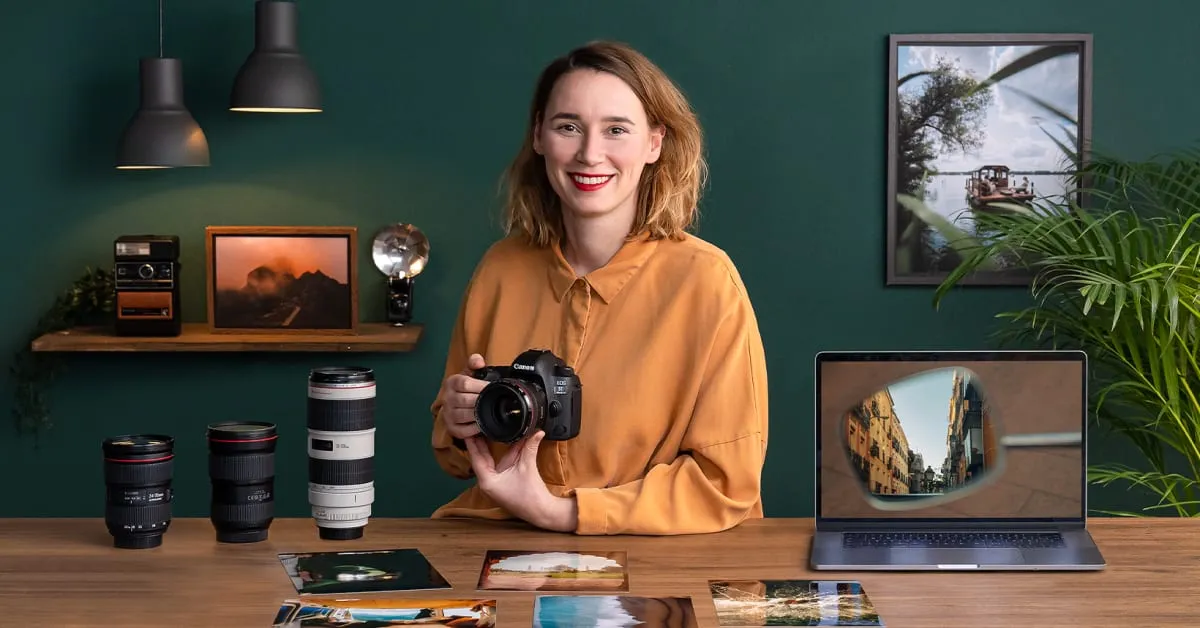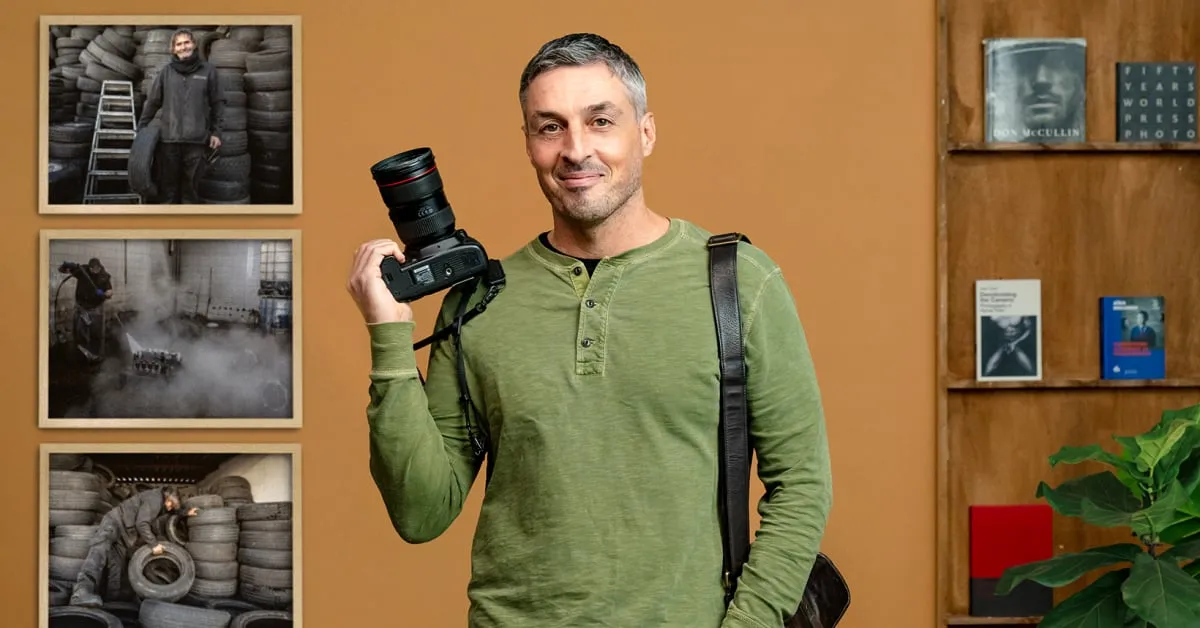
Drone Photography Basics 
Gain a new perspective on photography with four fundamentals of drone photography. Unlock the potential of aerial images and take your creativity to new heights. ▼
ADVERTISEMENT
Course Feature
![]() Cost:
Cost:
Free
![]() Provider:
Provider:
Udemy
![]() Certificate:
Certificate:
No Information
![]() Language:
Language:
English
Course Overview
❗The content presented here is sourced directly from Udemy platform. For comprehensive course details, including enrollment information, simply click on the 'Go to class' link on our website.
Updated in [April 29th, 2023]
This course, Drone Photography Basics, provides an overview of the fundamentals of drone photography. It covers the planning, filming, and editing of drone photos, using a sample subject in Germany as an example. Participants will learn how to select the right drone for the job, how to plan a shoot, and how to capture the best shots. They will also learn how to edit their photos for the best results. By the end of the course, participants will have a solid understanding of the basics of drone photography and be able to apply their knowledge to their own projects.
[Applications]
Upon completion of this course, students should be able to apply the concepts and techniques learned to their own drone photography projects. They should be able to plan and execute a successful shoot, as well as edit the photos to create stunning visuals. Additionally, students should be able to identify the best drone for their needs and understand the legal requirements for flying a drone in their area.
[Career Paths]
1. Drone Pilot: Drone pilots are responsible for operating unmanned aerial vehicles (UAVs) to capture aerial footage and photographs. As the demand for drone photography increases, the need for skilled drone pilots is also increasing. Drone pilots must be knowledgeable in the operation of the drone, the safety regulations, and the laws governing the airspace.
2. Drone Videographer: Drone videographers are responsible for creating stunning aerial videos using drones. They must be knowledgeable in the operation of the drone, the safety regulations, and the laws governing the airspace. They must also be creative and have an eye for composition and storytelling.
3. Drone Photographer: Drone photographers are responsible for capturing stunning aerial photographs using drones. They must be knowledgeable in the operation of the drone, the safety regulations, and the laws governing the airspace. They must also have an eye for composition and be able to capture the perfect shot.
4. Drone Data Analyst: Drone data analysts are responsible for analyzing the data collected by drones. They must be knowledgeable in the operation of the drone, the safety regulations, and the laws governing the airspace. They must also be able to interpret the data and draw meaningful conclusions from it. As the use of drones increases, the need for skilled data analysts is also increasing.
[Education Paths]
1. Bachelor of Science in Drone Technology: This degree program focuses on the technical aspects of drone technology, such as flight control systems, navigation, and data analysis. It also covers the legal and ethical implications of using drones. This degree is becoming increasingly popular as the use of drones in commercial and recreational applications continues to grow.
2. Bachelor of Arts in Drone Photography: This degree program focuses on the creative aspects of drone photography, such as composition, lighting, and post-processing. It also covers the legal and ethical implications of using drones for photography. This degree is becoming increasingly popular as the use of drones for photography continues to grow.
3. Master of Science in Drone Technology and Applications: This degree program focuses on the technical and practical aspects of drone technology, such as flight control systems, navigation, and data analysis. It also covers the legal and ethical implications of using drones for commercial and recreational applications. This degree is becoming increasingly popular as the use of drones for commercial and recreational applications continues to grow.
4. Master of Arts in Drone Photography: This degree program focuses on the creative aspects of drone photography, such as composition, lighting, and post-processing. It also covers the legal and ethical implications of using drones for photography. This degree is becoming increasingly popular as the use of drones for photography continues to grow.
Course Syllabus
How to plan your flight
How to frame your subject in the air
How to shoot your subject - Best photo capturing modes
How to edit your photos - Best Practices
Pros & Cons

Great basic understanding.

Helpful tips for planning flights.

Good introduction to drone photography.

No subtitles in other languages.

Repetitive content.

Non-words used.
Course Provider

Provider Udemy's Stats at AZClass
Discussion and Reviews
0.0 (Based on 0 reviews)
Explore Similar Online Courses

Data Visualization with Bokeh Course

How to Travel the World on Any Budget - A Complete Guide

Python for Informatics: Exploring Information

Social Network Analysis

Introduction to Systematic Review and Meta-Analysis

The Analytics Edge

DCO042 - Python For Informatics

Causal Diagrams: Draw Your Assumptions Before Your Conclusions

Whole genome sequencing of bacterial genomes - tools and applications

Lifestyle and Travel Photography

Beginner Canon Digital SLR (DSLR) Photography


Start your review of Drone Photography Basics